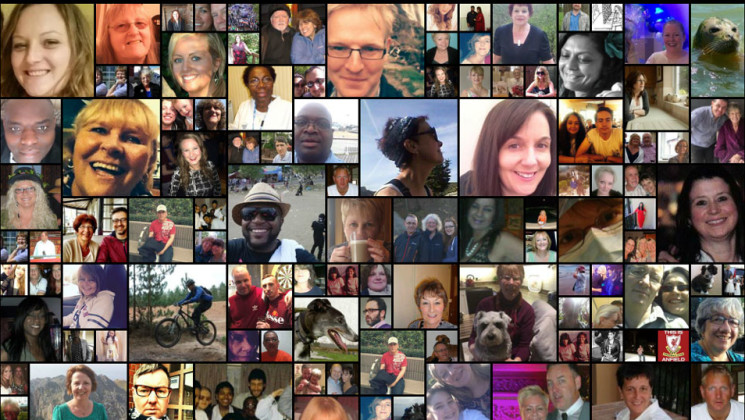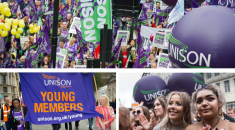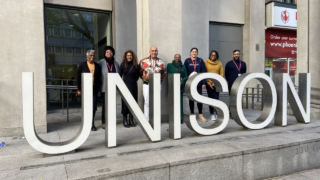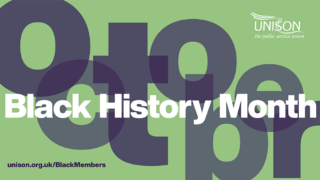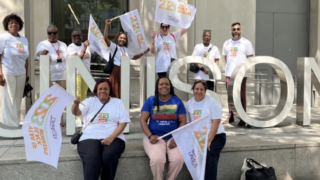UNISON believes that the effect of the coronavirus pandemic on different groups is devastatingly different and is becoming increasingly clear.
In evidence to parliament this week, the union asserted that COVID-19 is tracking and deepening long-term inequalities in our society.
UNISON Assistant General Secretary Christina McAnea said: “Inequalities emerging through the pandemic are chilling evidence to support UNISON’s demands on workplace rights and decent public services. We need them both now and in the future.”
In evidence to the cross-party Women and Equalities Committee this week, UNISON set out how our members – women and Black workers, young and older workers, disabled and LGBT+ workers – are on the frontline in the pandemic.
In the social care workforce, over 85% are women, with many Black and migrant workers; a sixth of social care workers in England are not originally from the UK.
They are undervalued, low-paid, with many on insecure contracts. Now they are paying the highest price, along with the vulnerable people they care for.
72% of all health and social care staff who have died with COVID-19 are Black. And Black households are almost twice as likely as white people to report having lost income and jobs. Workers under the age of 35 are more likely to have been made unemployed or furloughed than older colleagues.
Personal protective equipment (PPE) is also an equality issue. Because of the concentration of women, Black and migrant workers on the frontline, they are most affected by lack of the right PPE.
UNISON’s evidence to the Women and Equalities Committee also stated how attention must be given to frontline workers who are not in the pandemic spotlight: cleaning, catering, security, teaching assistants, refuse and cemetery workers. Many people in these roles also face difficulties with social distancing.
In the next 3-6 weeks, UNISON is calling for:
- Improvement of employer workforce data collection to better understand the impact of COVID-19 and related issues on staff with protected characteristics.
- All frontline workers to have recommended PPE for their role, regardless of whether they work in public or private sector and whether employee, contractor or agency worker.
- Employers to ensure decisions on deployment, redeployment, furloughing and redundancy do not have a disproportionate impact on any groups.
- Investigation into the disproportionate impact of COVID-19 on BME communities. Stronger, clearer guidance for employers on supporting shielded and vulnerable workers, and workers living with shielded/vulnerable people, to remain at home, with best practice examples and clearer advice on furloughing these groups.
- A clear statement that home working may be a reasonable adjustment for disabled workers.
- Extend the “safety net” of Statutory Sick Pay (SSP) to workers with family members who are shielding, where special leave/furlough is not possible.
- Unambiguous government guidance for employers on the health and safety of pregnant workers and closure of gaps in support schemes.
- Given the increase in domestic abuse, government to provide immediate, accurate and up to date information about where and how to get help.
- A separate emergency fund for local authorities to adequately house survivors of domestic abuse.

